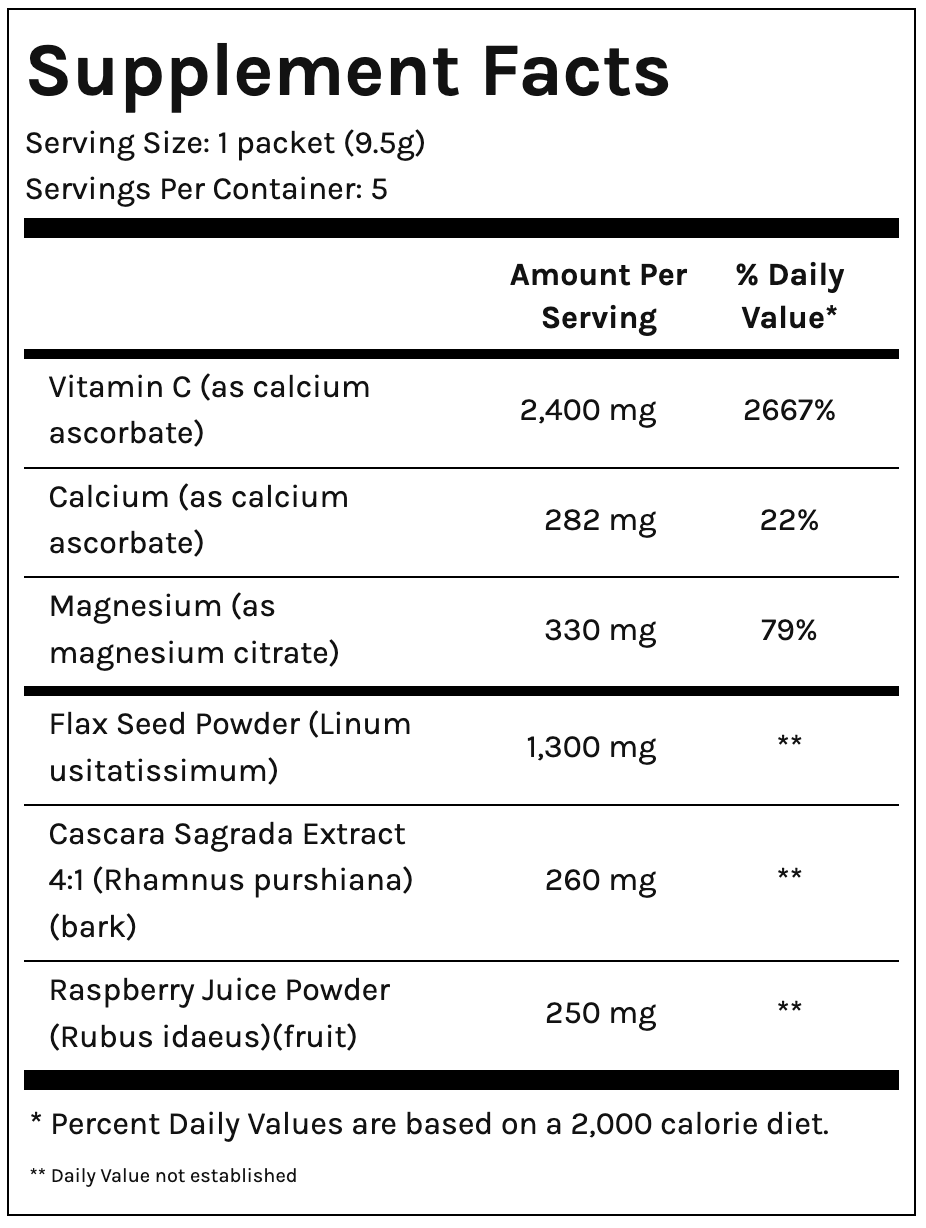Miso soup is a staple of Japanese cuisine, and with good reason: it's been nourishing people for millennia. Miso is a nutritious fermented food made from soybeans, rice, or barley and a fermentation organism called koji.
Miso soup can be beneficial to your health because it contains probiotics, the good bacteria that naturally occur in the human digestive tract and contribute to a stable microbiome. These probiotics are helpful since they aid in digestion, increase immunity, and can even lower the risk of getting sick.
Additionally, antioxidants in miso help prevent cell damage from free radicals. And miso is made from soybeans, which have been discovered to have anti-cancer chemicals called genistein and daidzein.
Minerals such as zinc, copper, manganese, and phosphorus can be found in moderate amounts in miso soup, too. These minerals are crucial for normal metabolic function and healthy cell growth, as well as for keeping healthy bones and teeth.
Vitamin K, which is necessary for blood clotting and bone health, is abundant in miso. Miso also has trace amounts of vitamin B12, an essential nutrient for healthy nerve cells that is hard to come by in plant-based foods.
Not only is miso soup nutritious and tasty, it is also low in calories and fat. If you're watching your calorie intake, miso soup is a great option because a cup only has about 50-70 calories.
To sum up, Miso soup is a delicious, low-calorie and nutrient-dense food that can offer many health benefits. Its probiotics content helps to improve digestion, boost immunity, and even reduce the risk of certain diseases. Antioxidants in the soup also protect our cells from damage caused by free radicals. Also, it is rich in minerals and vitamins which are essential for our body functions. It is easy to make and a great addition to any diet.





